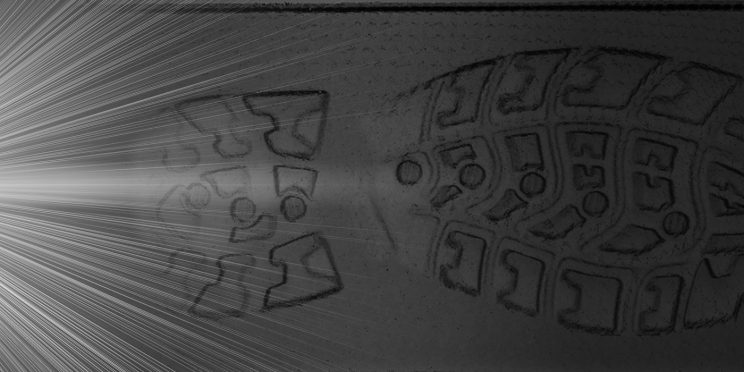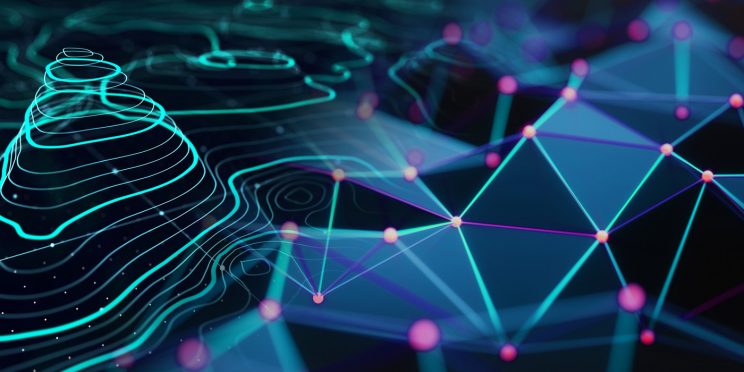Overview
In November 2015, the Defense Forensic Science Center (DFSC) issued an Information Paper announcing the decision to cease the use of the terms “individualization” and “identification” in latent print technical reports and expert witness testimony. This webinar provided an opportunity for audience members to learn more about the reasoning behind the change as well as participate in a question and answer session regarding the new reporting language of the DFSC.
A certificate of completion is available for all who register and attend this webinar.
Presenter
- Henry Swofford
Funding for this Forensic Technology Center of Excellence webinar has been provided by the National Institute of Justice, Office of Justice Programs, U.S. Department of Justice.
The opinions, findings, and conclusions or recommendations expressed in this webinar are those of the presenter(s) and do not necessarily reflect those of the U.S. Department of Justice.
Contact us at ForensicCOE@rti.org with any questions and subscribe to our newsletter for notifications.




